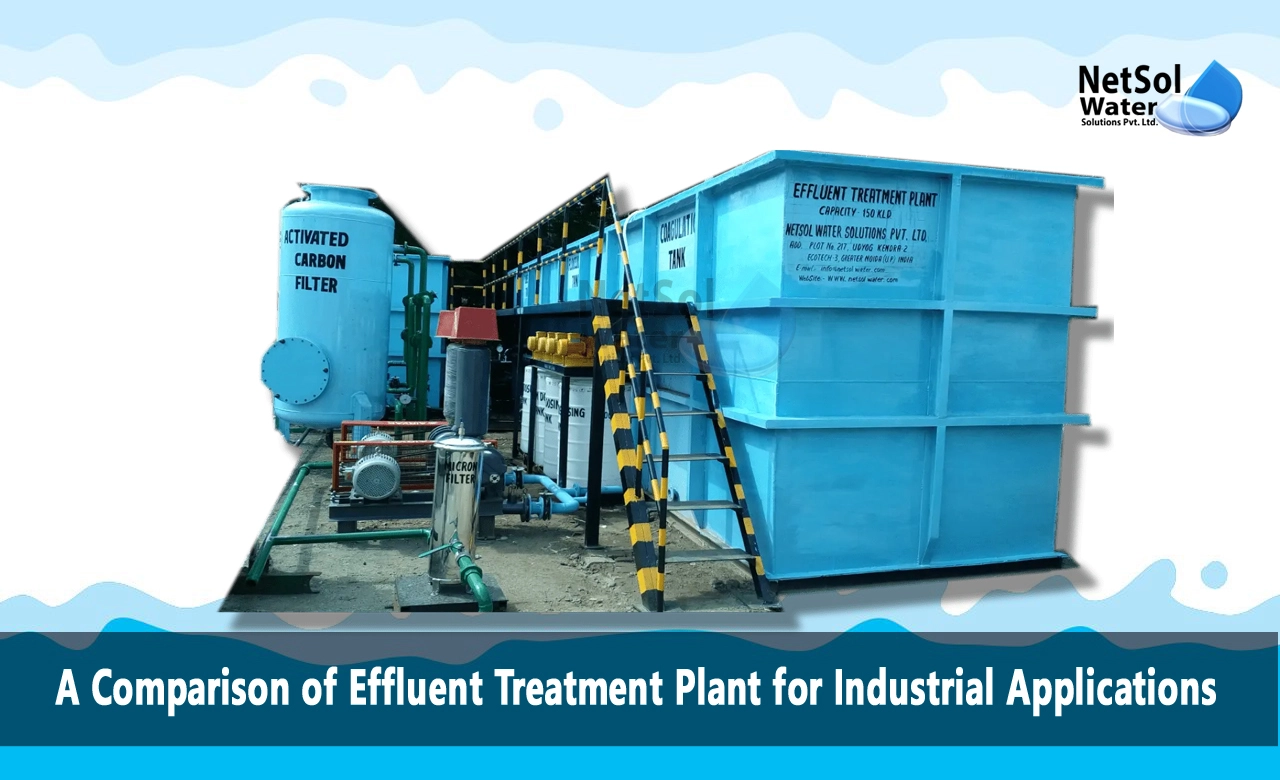A Comparison of ETP Plants for Industrial Applications
Industrial effluent treatment is a critical process for many manufacturing facilities. Proper treatment of wastewater enables companies to meet environmental regulations, protect local water sources, and minimise potential liabilities. Choosing the right effluent treatment plants is important for both economic and ecological reasons.
Activated Sludge Process
The activated sludge process is one of the most widely used biological treatment methods. This system utilizes a suspended growth of microorganisms to break down organic contaminants. The biomass is continuously aerated and mixed to facilitate degradation. Solid separation occurs in a secondary clarifier.
Activated sludge plants provide efficient removal of BOD and TSS. They can handle significant fluctuations in loading and flowrates. However, they require significant operator oversight, energy for aeration, and generate a large volume of biological sludge. Pretreatment is often needed to remove materials that may be toxic to the microbial community. Overall, activated sludge provides a moderately complex but reliable biological treatment option.
Membrane Bioreactors
Membrane bioreactors (MBRs) combine activated sludge biological treatment with membrane filtration. The membrane component uses low pressure microfiltration or ultrafiltration to separate the biomass from the treated effluent. This produces a high quality permeate stream with complete solids removal.MBRs offer excellent effluent quality with a small footprint. The membranes eliminate the need for secondary clarifiers and tertiary filters. They allow for high biomass concentrations and long sludge ages. However, membrane fouling can be an issue requiring extensive maintenance. Energy demand is also high due to aeration and permeate pumping. The membrane modules represent a significant capital investment. MBRs are best suited for small flows or applications requiring water reuse.
Sequencing Batch Reactors
The sequencing batch reactor (SBR) is a fill-and-draw activated sludge system. It operates in discrete batches through the aeration and settling phases. SBRs consist of a single tank or cell rather than multiple units. The batches are sequenced to provide continuous flow.SBRs are simple to operate with all processes taking place in the same vessel. They can handle variable loading and rapid changes in composition. Low capital and operating costs are advantages. However, the batch operation results in intermittent flow. Larger units are needed to accommodate peak flows. SBRs are best for small decentralized installations.
Rotating Biological Contactors
Rotating biological contactors (RBCs) consist of circular disks mounted on a horizontal shaft. The disks are partially submerged in the wastewater and slowly rotate to provide alternating exposure to air and water. Fixed biomass grows on the media and treats the effluent stream.RBCs provide a moderate level of treatment in a compact unit with few moving parts. They can handle fluctuating flows and loadings. Energy use is low compared to aeration demands for activated sludge. However, solids separation is still needed after the RBC. Cold temperatures and solids overloading can also cause operating problems. Overall, RBCs offer a simple, low-cost option for small to mid-sized applications.
Trickling Filters
Trickling filters provide biological treatment using a fixed media bed through which the wastewater flows. The media has a high surface area to support attached microbial growth. The filter is not submerged but instead trickled with effluent. These passive systems have very low energy demands compared to other technologies. Trickling filters can achieve moderate BOD removal with minimal operator attention. However, they require large land areas and head space due to the large media bed volumes. High solids loading can result in clogging and ponding issues. Trickling filters work best as a secondary stage following primary treatment.
Constructed Wetlands
Constructed wetlands mimic natural environments to provide biological treatment. The filters use soil, plants, animal life, and microbial action to remove contaminants from wastewater. There are several wetland configurations, including free water surface and subsurface flow.Wetlands offer natural, low-energy treatment with minimal operation needs after establishment. They can handle fluctuations and remove a variety of pollutants. Wetlands require a large footprint, however, and have limited cold weather operation. Pretreatment is critical to prevent clogging and other issues. Constructed wetlands are a good option for small decentralised facilities such as rural towns or campuses.
Comparison Factors
There are several important factors to weigh when selecting an industrial effluent treatment system:
1- Treatment Efficiency
2- Capital Costs
3- Operating Costs
4- Complexity
5- Land Requirements
6- Flexibility
Striking the right balance between these considerations is critical for ideal selection. A highly efficient technical solution may have limited value if the costs are unaffordable. Simpler methods can be more economical but have less treatment capability. The influent wastewater composition and intended water reuse applications also factor heavily.
Conclusion
There are several technologies available for industrial effluent treatment. Factors such as wastewater flow, contaminant levels, disposal or reuse needs, and cost constraints all impact the selection decision. Activated sludge processes provide reliable biological treatment but require significant operational resources. Advancements like MBRs improve the effluent quality at higher complexity and costs. Passive systems such as wetlands can minimise energy use for simpler applications but require more land area. Ultimately, the choice comes down to matching the appropriate level of technology to the specific facility's goals and circumstances. A thorough evaluation of all options is needed to find the best.
Netsol Water is Greater Noida-based leading water & wastewater treatment plant manufacturer. We are industry's most demanding company based on client review and work quality. We are known as best commercial RO plant manufacturers, industrial RO plant manufacturer, sewage treatment plant manufacturer, Water Softener Plant Manufacturers and effluent treatment plant manufacturers. Apart from this 24x7 customer support is our USP. Call on +91-9650608473, or write us at enquiry@netsolwater.com for any support, inquiry or product-purchase related query.



